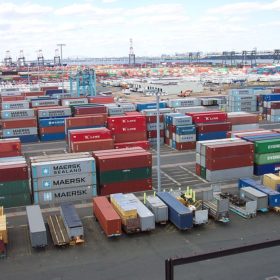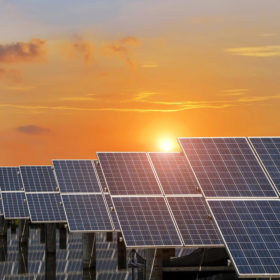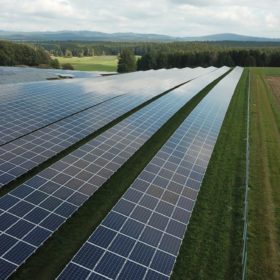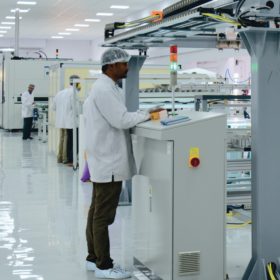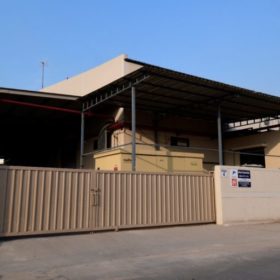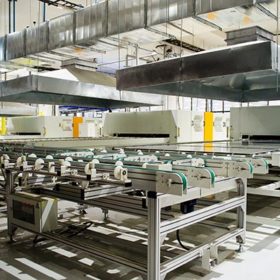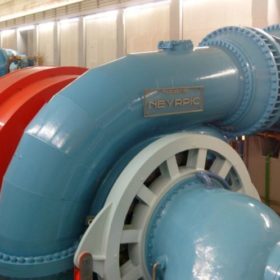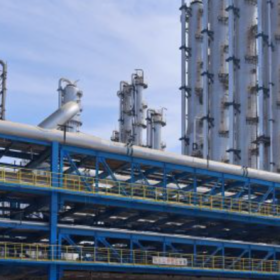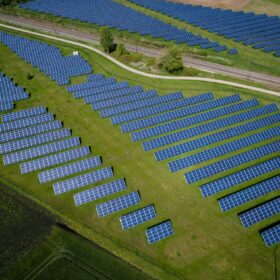Safeguarding duty extension fails to win over manufacturers
The investigating arm of India’s commerce ministry has proposed continuing to apply the duty levied on solar cell imports from the east at a rate of 14.9% from July 30 and falling to 14.5% six months later.
ReNew Power plans foray into solar cell and module manufacturing
The Haryana-based developer will invest Rs 1500-2000 crore in setting up the solar cell and module manufacturing facility, which will initially have a production capacity of 2 GW per annum.
Impact of strained India-China relationship on the solar sector
India’s entire solar industry is dependent on Chinese imports to function. Hence, there is a comprehensive need to relook at the current policies and focus on building wafers and ingots capacity that will be used to manufacture the cells and eventually, modules.
Legal loophole protecting imported panels from subsequent duties discriminates against Indian products, say manufacturers
Indian solar manufacturers have cried foul over a system which exempts imported panels from yet-to-be-announced tax regimes but offers no such protection to domestic products.
Redox flow battery powered by perovskite solar cells
An international team has developed an integrated solar flow battery which has been suggested as ideal for off-grid locations. The device, which combines energy conversion and storage in one unit, can be used for lighting and recharging cell phones.
Mitsui Chemicals’ solar lab becomes NABL accredited to test high-efficiency modules
The solar lab—based in Ahmedabad, Gujarat—uses Xenon-based single-long-pulse flasher and steady-state simulator from Netherlands-based Eternalsun Spire to test all current and future PV modules.
India will add just 50 GW of solar in the next five years, according to company bosses
The expected return would leave the nation woefully short of its ambitious 175 GW clean energy target, which was laid down with a 2022 deadline. Chief executives who criticized aggressive clean power auctions said they would like to see more fossil fuel facilities thrown into the mix.
India needs solar modules worth Rs 15,000 crore annually
The country—which meets over 80% of the solar module demand through imports—can turn the present crisis into an opportunity by ramping up domestic manufacturing with measures like fiscal incentives.
Prioritising clean energy will be key to economic recovery
Cost savings associated with switching to least-cost energy solutions like wind and solar can be redeployed for economic recovery. At the same time, building resilience on fronts like energy system design and supply-chain management is crucial to deal with unexpected shocks and crises.
Post Covid support required for electric vehicles: FICCI
The industry body has recommended a series of measures including a continuation of FAME II Scheme to 2025, short-term booster incentives for consumers and support for in-house R&D to boost the electric vehicle sector.
